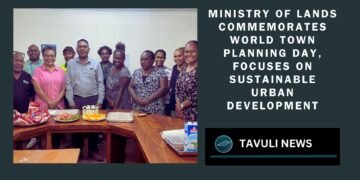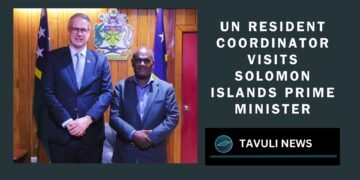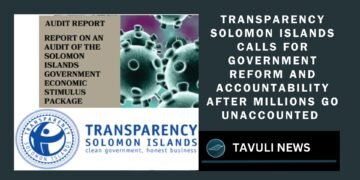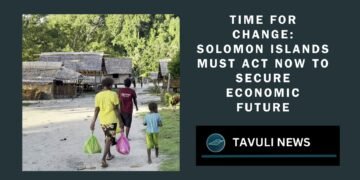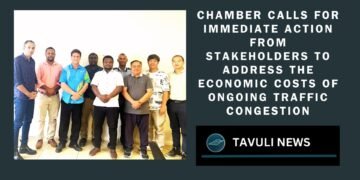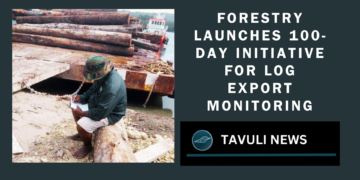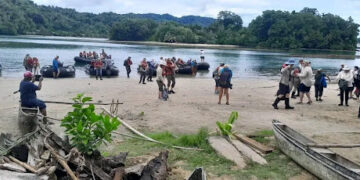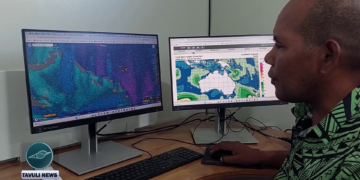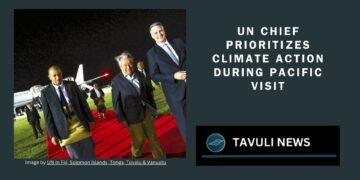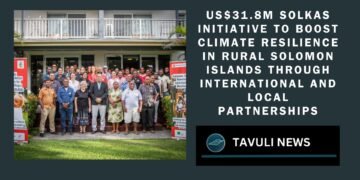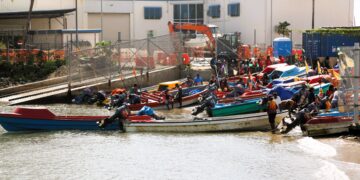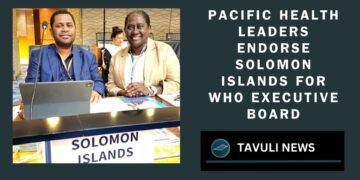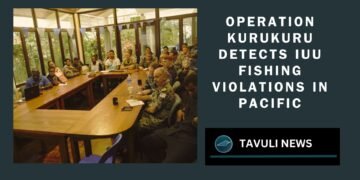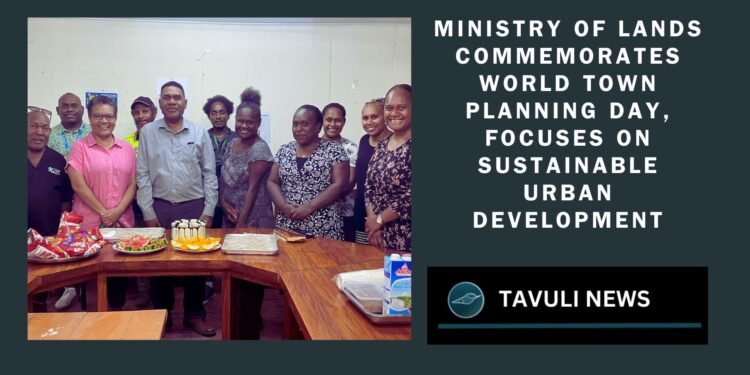Event Highlights the Role of Town Planning in Building Resilient Communities Across Solomon Islands.
The Ministry of Lands, Housing, and Survey commemorated World Town Planning Day on Friday, highlighting the crucial role of town planning in fostering resilient, sustainable, and inclusive communities. The event, attended by key officials such as Permanent Secretary Stanley Waleanisia, former Director of Physical Planning Rowley Wanega, current Director of Physical Planning Cindy Vunagi, and Director of Housing Joan Toben, underscored the government’s ongoing commitment to improving urban planning practices across the Solomon Islands.
World Town Planning Day, observed globally on November 8th, serves as a platform to recognize the essential work of town planners in shaping urban spaces that are safe, efficient, and sustainable. During the event, Permanent Secretary Stanley Waleanisia emphasized the significance of town planning in addressing both immediate and long-term challenges, highlighting that planning goes beyond just infrastructure and plays a central role in improving the social, environmental, and economic aspects of community life. He encouraged Ministry planners to continue their innovative, community-focused work in addressing urban challenges.
The Ministry also highlighted its commitment to the National Urbanization Policy, a key focus area for the Ministry as it strives to guide urban growth and development in the coming years. Honourable Polycarp Paea, Minister for Lands, has emphasized this policy as one of the Ministry’s top priorities, which aims to address rapid urbanization across the nation and ensure balanced, inclusive development.
As part of the observance, the Ministry announced the reestablishment of the Solomon Islands Planning Association, a platform designed to bring together town planners and urban development professionals. This association will focus on addressing the pressing urban challenges faced by Honiara and other growing towns, including rapid population growth, waste and water management, informal settlements, and climate change adaptation. The association aims to foster collaboration and knowledge-sharing to find sustainable solutions to these issues.
Urban planner Mere Naulumatua from Fiji, a guest speaker at the event, shared insights on the benefits of forming a planners’ association, noting that collaboration across the Pacific is crucial for addressing shared urban challenges. She referenced Epeli Hau’ofa’s concept of the “Sea of Islands,” urging regional planners to view the ocean as a connector rather than a barrier, promoting cooperation and mutual learning across the Pacific.
Honiara’s urban growth presents several challenges that highlight the need for effective planning. The city has experienced significant population growth, resulting in overcrowding and increasing pressure on infrastructure and services. With limited affordable housing options, informal settlements have emerged, often lacking basic services and presenting challenges to residents’ health and safety. Waste disposal and wastewater treatment remain significant issues, contributing to pollution that affects both the land and marine environments. Additionally, Honiara faces climate-related risks such as rising sea levels and extreme weather events, underscoring the need for resilient urban planning to protect infrastructure and communities. Limited financial and technical resources for urban planning further complicate efforts to implement long-term solutions.
Permanent Secretary Waleanisia noted that Honiara’s experiences should serve as a cautionary tale for other towns in Solomon Islands that are still in the early stages of development. He emphasized that provincial towns have the opportunity to learn from Honiara’s challenges and take proactive steps to ensure sustainable planning as they grow.
Urban planning in Solomon Islands involves organizing land use, infrastructure, and services to create safe, efficient, and sustainable spaces. It ensures that communities have access to essential services like water, electricity, and sanitation while balancing the need for residential, commercial, and recreational areas. Effective planning also considers environmental sustainability and climate resilience, helping to mitigate the negative impacts of rapid urbanization.
Source: MLHS




